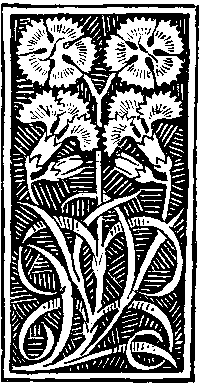Detective Fiction and Neo-Victorian Sexploitation:
Violence, Morality and Rescue Work in Lee Jackson’s The Last Pleasure Garden (2007) and Ripper Street’s ‘I Need Light’ (2012-16)
Keywords:
the abject, Judith Butler, crime fiction, crime drama, gender violence, Julia Kristeva, mourning, prostitution, sexual exploitation, vulnerabilityAbstract
In The Last Pleasure Garden (2007), Lee Jackson re-appropriates the crime fiction genre to portray various stories of gender abuse and violence, as several women become the victims of ‘The Cutter’ in Victorian London, provoking chaos and disorder. At the same time Jackson recovers aspects of the Victorian cultural archive like London’s popular pleasure gardens, to discuss issues of morality, sexual exploitation and reform both in Victorian and contemporary societies. Similarly, sexual abuse and violence in the BBC drama series Ripper Street (2012-16), particularly the inaugural episode, repeatedly focus on sexual exploitation and mourning for the abused, as the protagonist Inspector Edmund Reid tries to do justice to the women selling their bodies in London’s East End shortly after the Ripper’s murders. Drawing on Julia Kristeva’s notion of the abject and Judith Butler’s theories of gender, violence and mourning, this article explores neo-Victorian representations of the Victorian neglected other, which mirror contemporary concerns about the deaths and suffering of society’s vulnerable and dispossessed.


